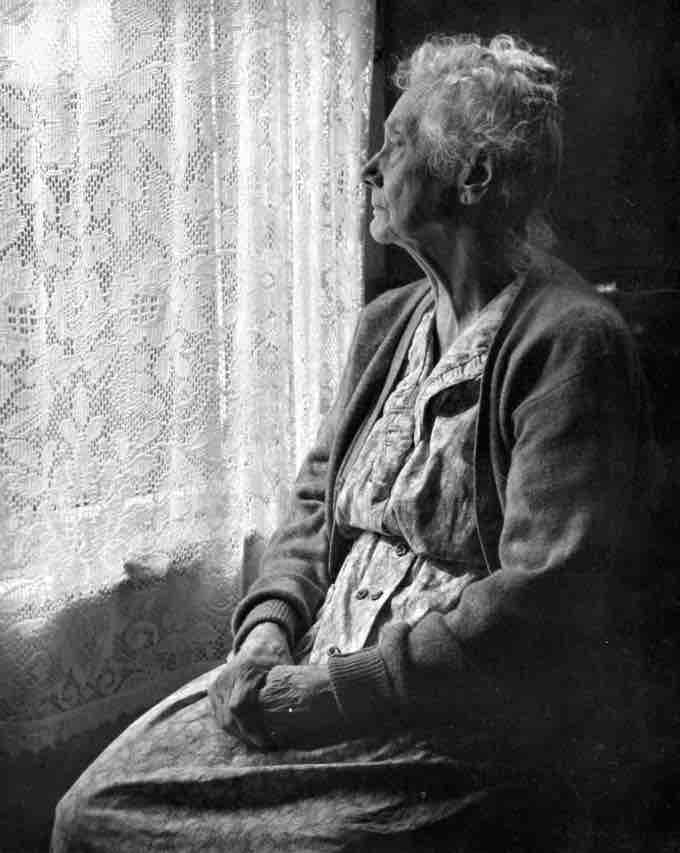Social isolation occurs when members of a social species (like humans) have complete or near-complete lack of contact with society. Social isolation is usually imposed involuntary, not chosen. Social isolation is not the same as loneliness rooted in temporary lack of contact with other humans, nor is it the same as isolating actions that might be consciously undertaken by an individual. A related phenomenon, emotional isolation may occur when individuals are emotionally isolated, even though they may have well-functioning social networks.
While loneliness is often fleeting, true social isolation often lasts for years or decades and tends to be a chronic condition that affects all aspects of a person's existence and can have serious consequences for health and well being. Socially isolated people have no one to turn to in personal emergencies, no one to confide in during a crisis, and no one against whom to measure their own behavior against or from whom to learn etiquette or socially acceptable behavior. Social isolation can be problematic at any age, although it has different effects for different age groups (that is, social isolation for children may have different effects than social isolation for adults, although both age groups may experience it).
Social isolation can be dangerous because the vitality of individuals' social relationships affect their health. Social contacts influence individuals' behavior by encouraging health-promoting behaviors, such as adequate sleep, diet, exercise, and compliance with medical regimens or by discouraging health-damaging behaviors, such as smoking, excessive eating, alcohol consumption, or drug abuse. Socially isolated individuals lack these beneficial influences, as well as lacking a social support network that can provide help and comfort in times of stress and distress. Social relationships can also connect people with diffuse social networks that facilitate access to a wide range of resources supportive of health, such as medical referral networks, access to others dealing with similar problems, or opportunities to acquire needed resources via jobs, shopping, or financial institutions. These effects are different from receiving direct support from a friend; instead, they are based on the ties that close social ties provide to more distant connections.
Sociologists debate whether new technologies, such as the Internet and mobile phones exacerbate social isolation or could help overcome it. With the advent of online social networking communities, people have increasing options for engaging in social activities that do not require real-world physical interaction. Chat rooms, message boards, and other types of communities are now meeting social needs for those who would rather stay home alone, yet still develop communities of online friends.

Social Isolation
Older adults are particularly susceptible to social isolation.